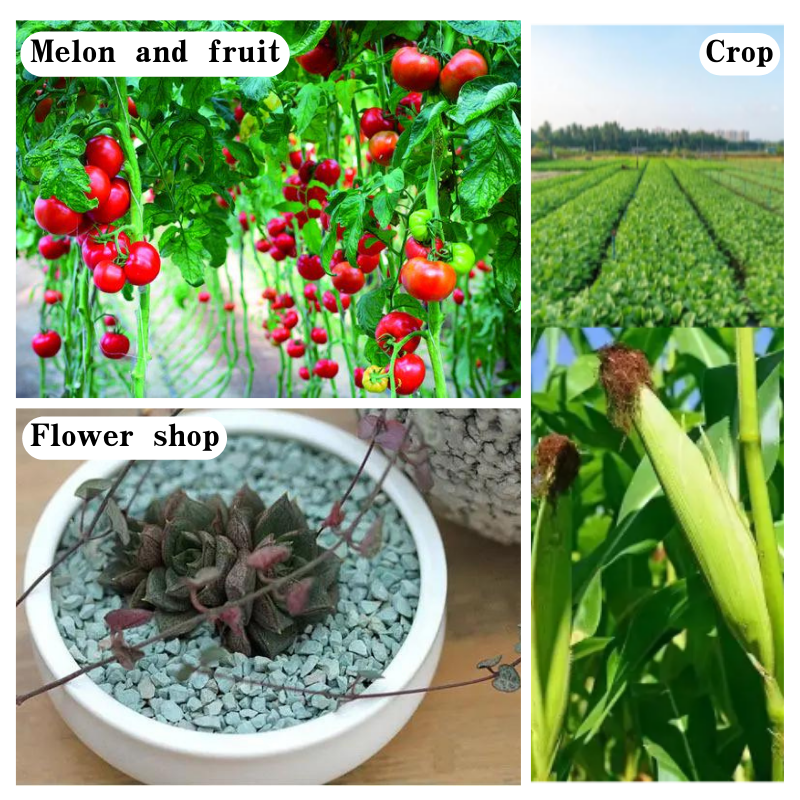
Pumice
Pumice from Volcanoes Nature's Unique Stone
Pumice is a fascinating volcanic rock that forms during explosive eruptions. It is characterized by its lightweight, porous structure, which results from gas bubbles trapped in the lava as it cools rapidly after being expelled from a volcano. These unique properties not only make pumice interesting from a geological perspective but also give it several practical applications in various industries.
Pumice from Volcanoes Nature's Unique Stone
One of the most notable characteristics of pumice is its buoyancy. Unlike most rocks, pumice is so lightweight that it can float on water. This property is due to the numerous gas-filled vesicles within the stone. As a result, pumice can often be found bobbing on the surface of oceans, lakes, or rivers, transporting its unique composition across water bodies and sometimes to distant shores.
pumice from volcanoes

Pumice has several beneficial uses across various sectors. In the construction industry, for example, it is used as an aggregate in lightweight concrete and cement mixtures, significantly reducing the overall weight of building materials without compromising strength. Its insulating properties make it desirable for thermal insulation and soundproofing applications. Moreover, pumice is ground into a fine powder and used as a filler in cosmetics, providing gentle exfoliation and a smooth texture in products like face scrubs and soaps.
Agriculturally, pumice is valued for its ability to improve soil aeration and drainage. When mixed with soils, pumice enhances the growth conditions for plants, allowing roots to breathe and absorb nutrients more efficiently. This characteristic makes it a popular amendment in gardening and landscaping, particularly in regions with heavy clay soils.
In conclusion, pumice is a remarkable volcanic rock that showcases the dynamic processes of our planet. Its formation during explosive eruptions, combined with its lightweight and porous nature, leads to a range of practical applications that benefit various industries, from construction to cosmetics and agriculture. As we continue to explore the wonders of geology, pumice serves as a testament to the incredible power of nature and its ability to create materials that enhance our daily lives.
Share
-
Premium Pigment Supplier Custom Solutions & Bulk OrdersNewsMay.30,2025
-
Top China Slag Fly Ash Manufacturer OEM Factory SolutionsNewsMay.30,2025
-
Natural Lava Rock & Pumice for Landscaping Durable Volcanic SolutionsNewsMay.30,2025
-
Custom Micro Silica Fume Powder Manufacturers High-Purity SolutionsNewsMay.29,2025
-
Custom Mica Powder Pigment Manufacturers Vibrant Colors & Bulk OrdersNewsMay.29,2025
-
Custom Micro Silica Fume Powder Manufacturers Premium QualityNewsMay.29,2025






